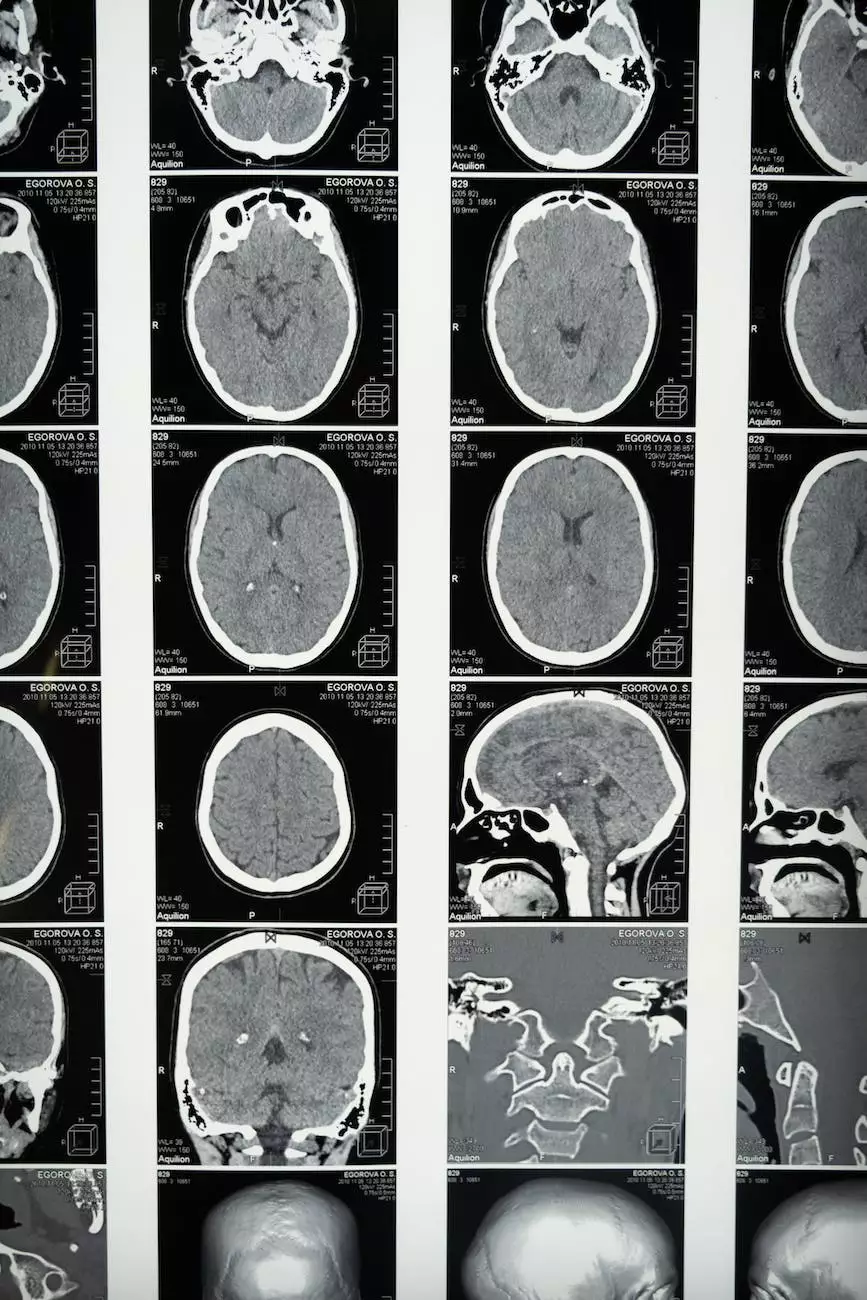Prader-Willi Syndrome: Understanding and Managing the Condition

Introduction to Prader-Willi Syndrome
Prader-Willi Syndrome (PWS) is a complex genetic disorder that affects many aspects of an individual's physical, cognitive, and behavioral development. It was first described by scientists Andrea Prader, Alexis Labhart, and Heinrich Willi in 1956. PWS is characterized by a variety of symptoms and requires comprehensive care and management.
Causes and Genetic Factors
PWS is caused by a genetic abnormality on chromosome 15. Most commonly, PWS occurs due to a deletion of a specific section of genetic material on the paternal chromosome 15. In other cases, it may result from uniparental disomy, where both copies of chromosome 15 are inherited from the mother and none from the father. Rarely, it can also occur due to an imprinting defect or mutation in the imprinting center.
Symptoms and Clinical Presentation
PWS presents with a variety of physical, cognitive, and behavioral symptoms. Common physical symptoms include low muscle tone, short stature, obesity, almond-shaped eyes, and small hands and feet. Cognitive and behavioral challenges may include intellectual disabilities, learning difficulties, obsessive-compulsive tendencies, hyperphagia (an insatiable appetite leading to excessive eating), temper tantrums, and behavioral rigidity.
Diagnosis and Screening
Diagnosing PWS involves a combination of clinical evaluation, genetic testing, and analysis of specific physical and behavioral characteristics. Genetic testing is crucial to confirm the presence of the underlying genetic abnormality associated with PWS. Early diagnosis is important to initiate appropriate interventions and support for affected individuals.
Treatment and Management
While there is no cure for PWS, a multidisciplinary approach to treatment and management is essential. This involves various healthcare professionals working together to address the unique needs of each individual. The treatment plan may include growth hormone therapy to improve height and body composition, dietary and nutrition interventions to manage weight and reduce the risk of obesity, and early intervention programs to enhance cognitive and developmental outcomes.
Education and Support for Families
Coping with the challenges of PWS can be overwhelming for families. Foley James D MD understands the importance of providing comprehensive care and support. We offer educational resources to help families understand the condition, access to support groups and counseling services, and guidance on assisting individuals with PWS in their everyday lives.
Research and Advances in PWS
Ongoing research in the field of PWS is helping to deepen understanding and improve treatment options. Scientists are exploring potential pharmacological interventions to address hyperphagia and related behavioral issues. Advances in early genetic screening methods are also making it easier to diagnose PWS at an early age, enabling timely interventions for better outcomes.
Conclusion
Prader-Willi Syndrome is a complex genetic disorder that requires comprehensive care and management. Foley James D MD specializes in providing the utmost care for individuals with PWS by offering a multidisciplinary approach to treatment and ongoing support to affected individuals and their families. Stay informed, seek guidance, and don't hesitate to reach out for assistance. Together, we can navigate the challenges of Prader-Willi Syndrome and promote a better quality of life for those affected.









